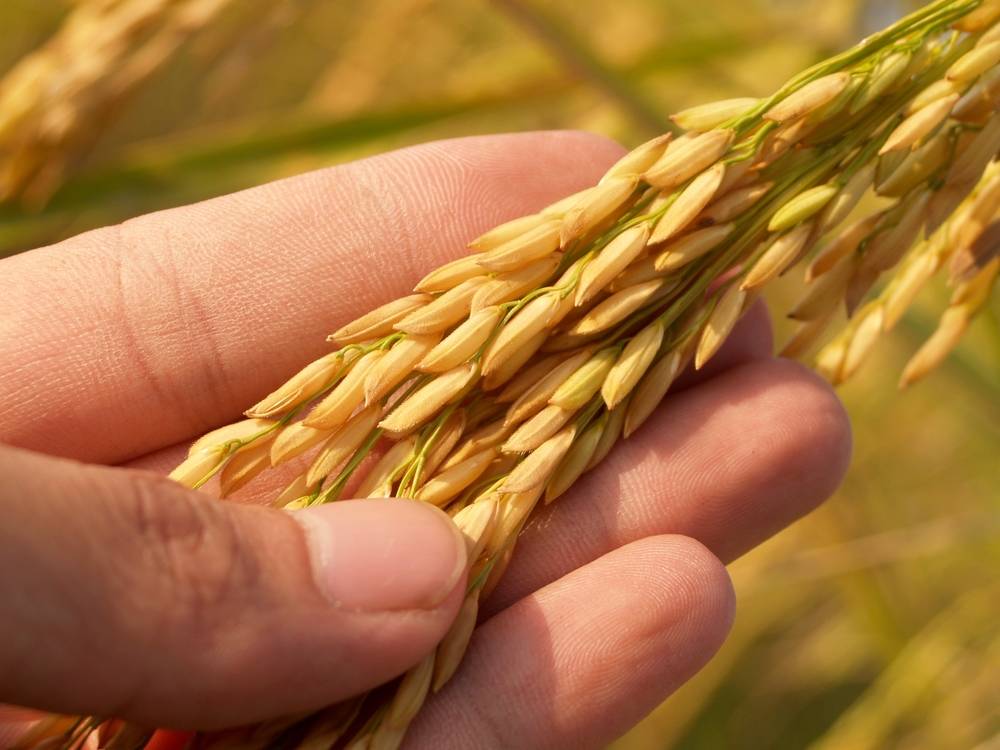 Last updated: July 4th, 2019 2:30 AM
Last updated: July 4th, 2019 2:30 AM
System of Rice Intensification
The System of Rice Intensification (SRI) is a methodology that aids in increasing the yield of irrigated rice produced in farming. It is a low-water and labour-intensive method that makes use of younger seedlings singly spaced, and typically hand weeded with special tools. It is not a standardized method but a set of ideas that helps in comprehensively managing and conserving resources. It was developed in the year 1983 by the French Jesuit Father Henri de Laulanie in Madagascar. From there, the practice spread across the globe, the credit for which is attributed to Norman Uphoff, former Director of the Cornell International Institute for Food, Agriculture and Development. This article seeks to create awareness of this beneficial practice.Principles
The methodology is based on the following principles:- Earlier and quicker establishment of plants to favour healthy and vigorous root and vegetative plant growth.
- Maintenance of low plant density to allow optimal development of each individual plant and to reduce competitions between plants for nutrients, water and sunlight.
- Enrichment of soils with organic matter to improve nutrient and water holding capacity, increase microbial life in the soil, and provide a good substrate for the roots to grow and develop.
- Reduction of application of water for optimal plant development and to favour aerobic soil conditions.
Benefits
The benefits of SRI have been demonstrated in over 50 countries, which includes 20%-100% or more increased yields, up to 90% reduction in seed requirements, and up to 50% water savings. The principles and practices proposed by this method have been adapted for rainfed rice and for other crops such as wheat and sugarcane, among others, with yield increases and associated economic benefits. Following are some of the other featured benefits rendered by the practice:Climate Change Mitigation
The methodology creates aerobic soil conditions through shallow and intermittent irrigation or Alternate Wetting and Drying (AWD), which in effect reduces methane emissions. Methanogens, which produces methane, can only survive and colonize soil that is kept in steady, continuous anaerobic condition. If the soil is converted aerobic, it affects the life of the bacteria. The control of methane is important considering the damage it might pose on climate change. The system creates a triple-win situation for agriculture, climate and food security as it increases the production of rice and the income of farmers’, strengthens the resilience of crops to climate change and variability, and reduces the rice production’s contribution to climate change.Benefit to Poor Households
Food security is among the most troubling issues for a typical Indian farming household. Higher yields of 20-50% or more would have a significant impact on the food security of farm families. With assured food security, households may diversify their economic activities, either on-farm or off-farm.Plant Varieties
SRI is a management approach which doesn’t require new varieties. Improved plant performance is inevitable with any variety when cultivated with SRI methodology, as the plants can better express their genetic potential when grown in a more optimal environment. Be it high-yielding varieties or traditional ones, hybrids or landraces, all perform better when planted with SRI methods, though some varieties respond better when compared to others.Popular Post

In the digital age, the convenience of accessing important documents online has become a necessity...

The Atalji Janasnehi Kendra Project that has been launched by the Government of Karnataka...

The Indian Divorce Act governs divorce among the Christian couples in India. Divorce...

When an individual has more than a single PAN card, it may lead to that person being heavily penalised, or worse,...

Employees Provident Fund (PF) is social security and savings scheme for employee in India. Employers engaged...


